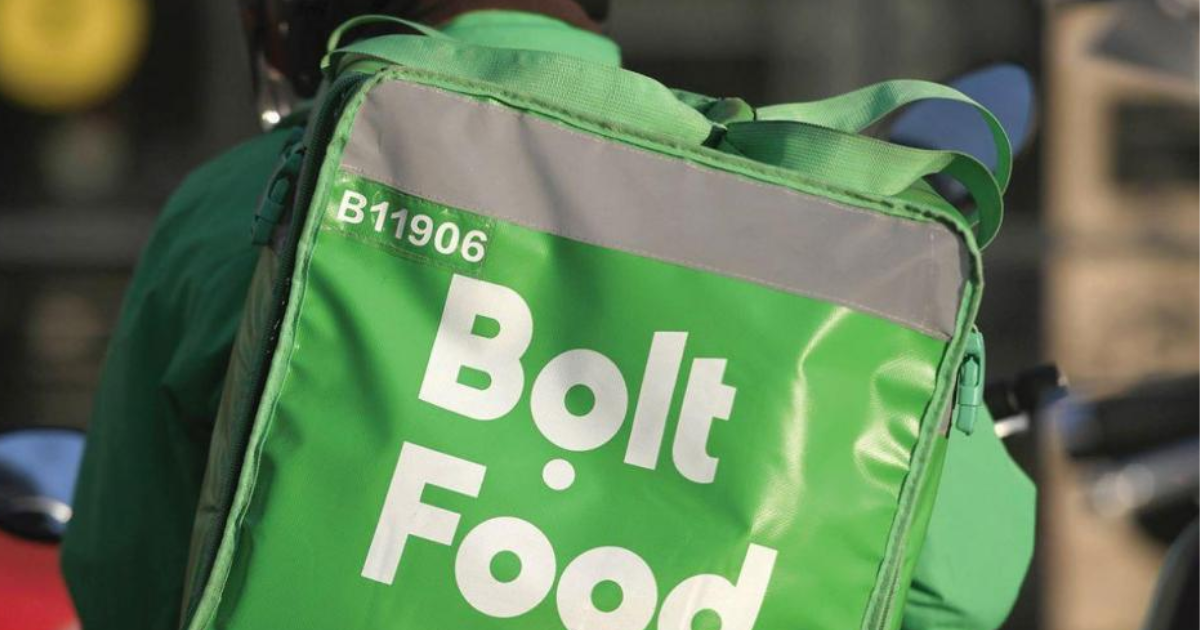Bolt Food in Ghana Increases Delivery Riders' Pay by 10% to Bring an End to the Trade Dispute

Bolt Food in Ghana has increased its delivery riders’ pay by at least 10 percent following a series of protests and three-day strike action embarked on by the riders. The trade dispute began in October 2022 when Bolt Food reduced riders’ pay from 10 Cedis to 9 Cedis for short trips. Later, fuel prices rose to an astounding 18c per liter, but the company didn’t increase pay, instead reducing it to 7C base fare for the shortest distance when fuel prices fell to 12.6C.
In response, riders selected leaders to represent them, who wrote a letter demanding that rates be increased to at least 12 Cedis per order and that issues of leaving balances high after disposing of canceled foods and the blocking of accounts without hearing from riders be addressed. In April, the company released a different payment structure, which riders rejected and then decided to strike. The riders demanded an increase in base fare from 9 Cedis to 12 Cedis, that their colleagues be unblocked, and that the company recognizes their union.
What you should know about Bolt Food in Ghana and its Riders Dispute
On April 8, Bolt Food called for an online meeting, and the company has now yielded to pressure and increased its pay rates upward. The new payment structure pays at least 10% more, with a base of 10 Cedis for the shortest trip during off-peak hours, up from 9 Cedis, and a distance of 1km paying 10.50c from 9.50C during off-peak hours. Additionally, a distance of 1.5 km now attracts a pay of 11c for off-peak hours, up from 10c. Bolt Food recognized the zonal representatives elected by riders, though it has yet to recognize the union. All riders wrongfully removed from the platform have also been reinstated.
The riders were protesting against what they described as unbearable low pay and the maltreatment of some of their representatives. According to them, some of their leaders were blocked from the app because of their various roles in pushing the movement. The Vice President (Sub-Saharan Africa) of the International Alliance of App-based Transport Workers confirmed that the company had reinstated the blocked riders and recognized the zonal representatives.
